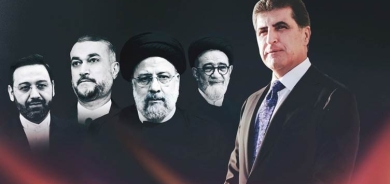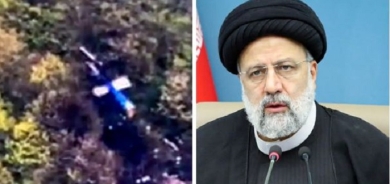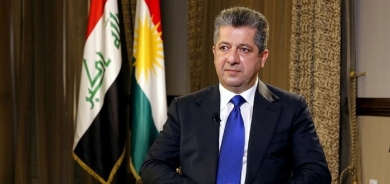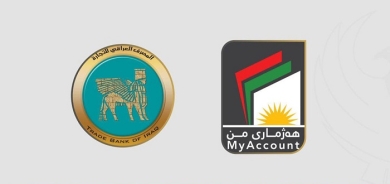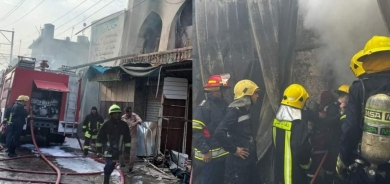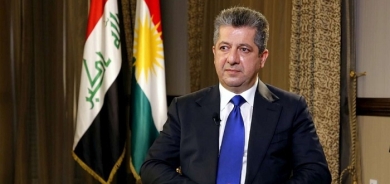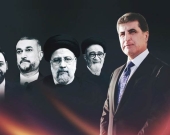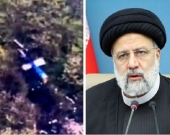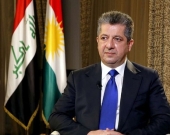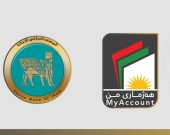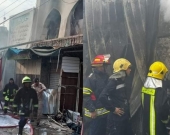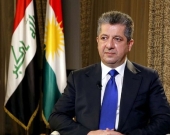Kurds in Syria: Key Players or Onlookers?
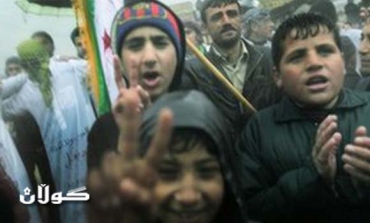
The UN Human Rights Council reported this month that at least 3,500 people have been killed since the onset of protests. Questions abound regarding the fate of the Alawites, the survival of the Assad regime and the possibility of a Sunni-dominated new government.
The issue that has not been widely discussed is the Kurds.
Syrian Kurds make up somewhere between 10-15 percent of the Syrian population, though the exact figure is unknown and may be much higher. The Kurdish population is concentrated mainly in the northern and northeastern regions of Syria, and significant numbers live in larger cities across the country as well. The Kurdish northeast is one of the poorest and least developed regions of Syria.
Repressed for decades, the Kurdish population in Syria undoubtedly has more woes to protest and a longer list of rights to call for – among them, political and cultural recognition, citizenship, property rights and the freedom to speak and teach their language in Syrian schools.
The implications of Legislative Decree No. 49, which President Assad signed in April 2011 and offered citizenship for Kurds who were registered as foreigners in the eastern Syrian region of Hasaka, remain sadly unevaluated. The extent to which this decree will affect all Kurds in Syria is largely unknown; if anything, the decree was more a reluctant concession than a whole-hearted reform, made to assuage increasing Kurdish protests.
Human rights organizations such as Amnesty International and Human Rights Watch have released numerous reports detailing the discrimination, persecution and human rights abuses the Kurds have faced over the decades and continue to suffer today.
Protests have been taking place in the north since early 2011. One of the demonstrations in April was called “Azadi Friday” (azadi meaning freedom in Kurdish) as a show of Kurdish participation and solidarity among Syrian protestors.
Following the assassination of Kurdish activist Mashaal Tammo in October 2011 -- which many Kurds believe was ordered by Assad -- the number of Kurdish protesters calling for an end to the Assad regime has been growing.
In early November 2011, Syrian National Council (SNC) Chairman Burhan Ghalioun, in a televised address, announced that in a new Syria without Assad, minorities’ rights would be fully protected, “including the Kurds.”
The still nascent SNC – the mostly exiled opposition group in Turkey that is preparing a transitional government if Assad’s regime falls – comprises a broad spectrum of opposition groups, including Kurdish factions.
In addition to the equal rights of all Syrians, Ghalioun called for free elections, political pluralism, freedom of the press and judicial independence.
This all sounds grand and ideal. Yet, the truth is that the SNC is largely an Arab entity – Ghalioun himself, as well as other SNC representatives, have mentioned the importance of maintaining Syria’s Arab identity.
History is riddled with instances of minorities being shunned once change takes place, particularly in the Arab world, and especially for the Kurds – Turkey being a prime example.
Speaking of Turkey, the SNC being based in Turkey and technically operating under the auspices of Turkey may also be an issue of concern for the Kurds. The Turkish government is battling its own slew of problems with its population of Kurds and the PKK, and it doesn’t have a good track record of treating their Turkish Kurds humanely and with due regard for their rights.
Renewed violence between the Turkish military and the PKK in recent months has resulted in casualties and significant tension will certainly spill over, making the position of the SNC vis-à-vis the Syrian Kurds a highly complicated and possibly contentious one.
Analysts have stated that Assad may be covertly aiding the PKK, using them as leverage against Turkey in response to Ankara’s apparent abandonment of the Assad regime.
Notably, a PKK spokesman told the US news magazine TIME that the assassination of Tammo was carried out by Turkey, a statement that indicates the rifts among the Kurds.
If there is a semblance of truth to these yet-unconfirmed statements that Assad colluded with the PKK, or if the government of Turkish Prime Minister Recep Tayyip Erdogan were to believe this to be even a possibility, Turkey could easily place pressure on the SNC to thwart constitutional recognition of the Kurds in Syria.
Even more disconcerting for the Kurds is the lack of Kurdish representation in the SNC, relative to its size. Though exact figures are not clearly known; Kurdish representatives are a minority in the council, which more heavily represents the Syrian Muslim Brotherhood.
The Kurds are Syria’s largest minority group, and are bigger than the ruling Alawite sect. Their numbers are substantial, making them key players in this revolution. While they may be key players today, once there is regime change, will they have an adequate voice in the new government?
Reports of Kurdish parties within Syria organizing their own committee indicate that many Kurds do not believe so. Just as the Kurds should cautiously work to ensure that their rights and demands are fully represented in a new Syria, the SNC should take great care in securing Kurdish participation in their cause if they truly believe in a free Syria with all citizens are represented.
* Reina Saiki is a graduate student pursuing her M.A. in Middle Eastern Studies at Harvard University. Her focus includes global security studies and U.S. policy in the Middle East.

